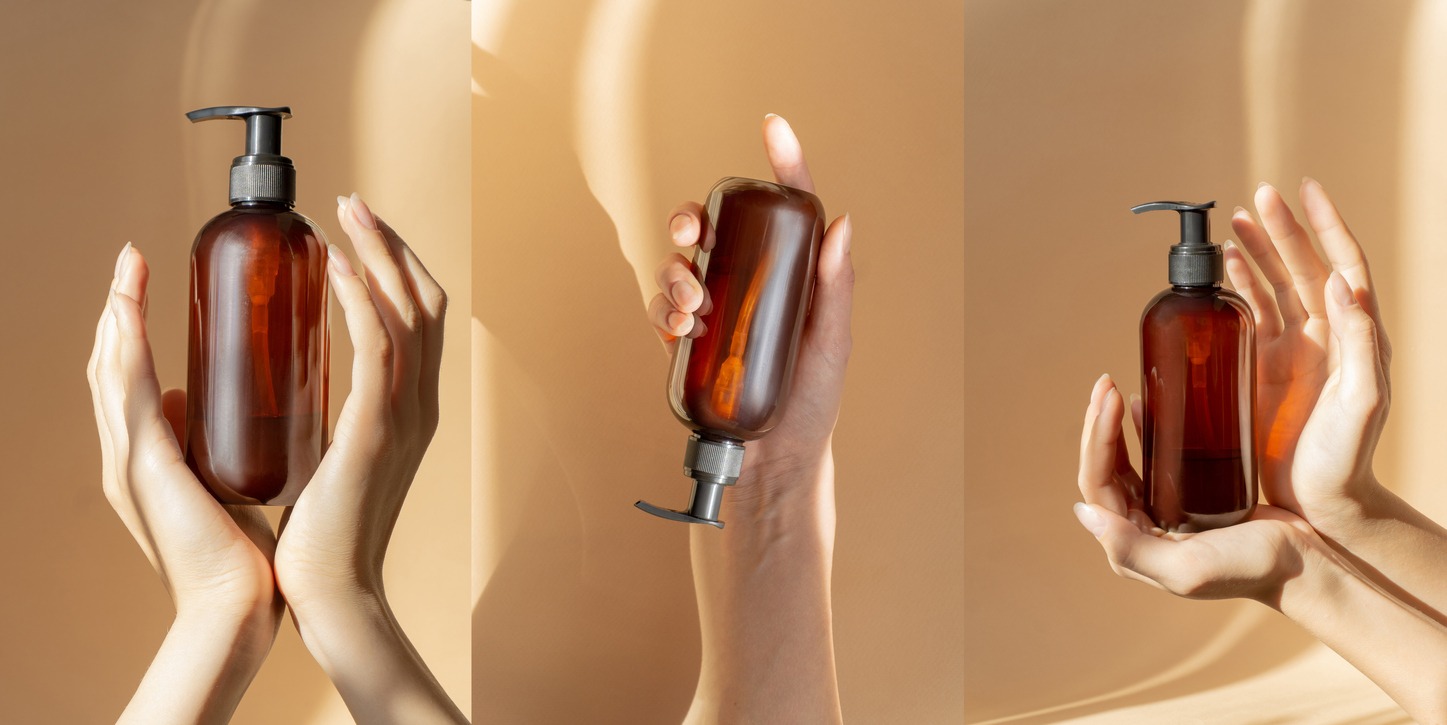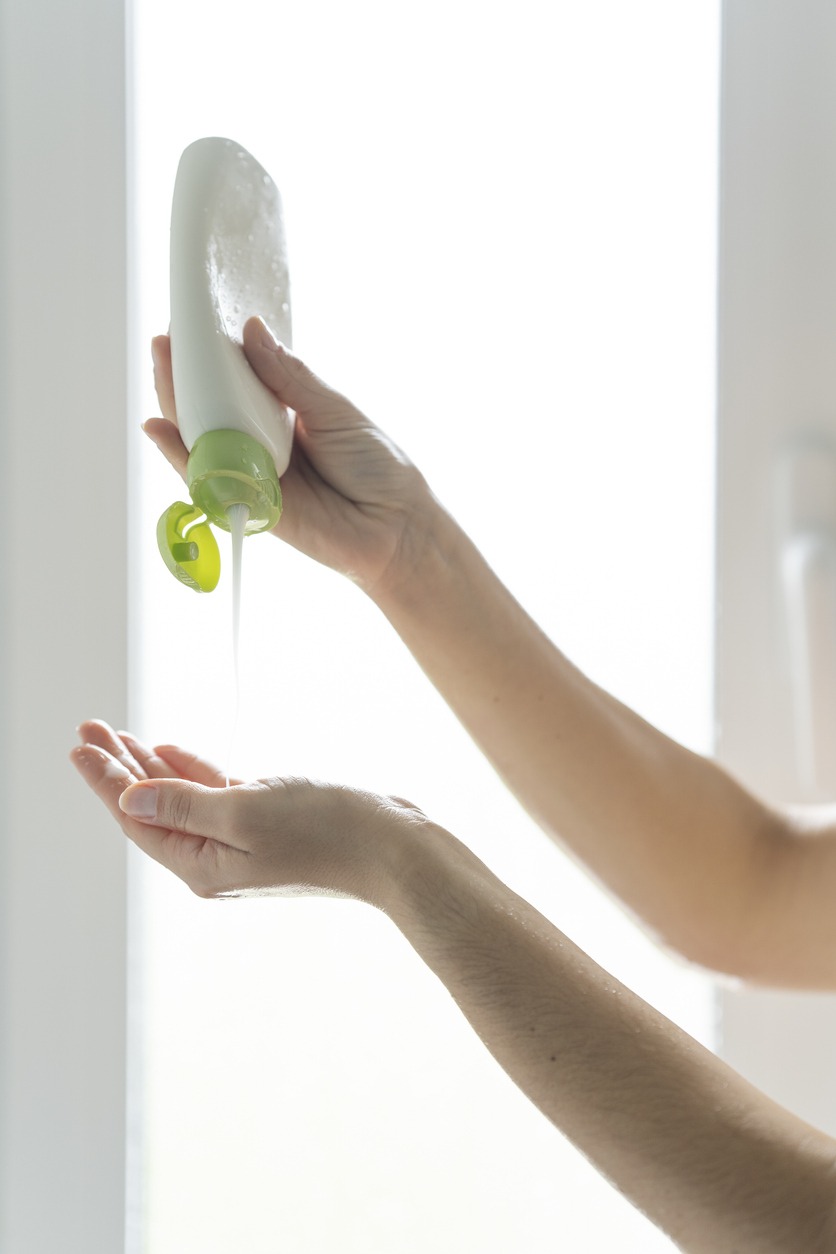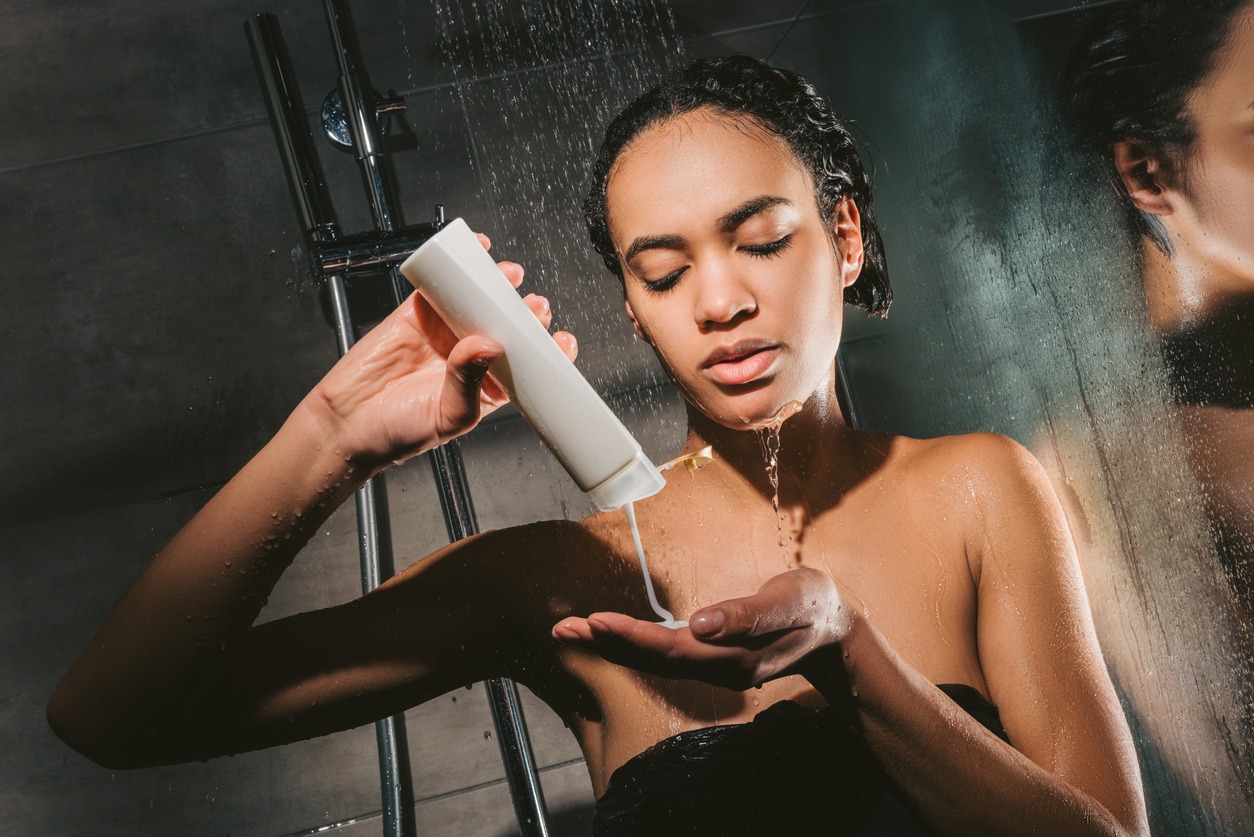When it comes to getting clean, there are a variety of options. In the past, all that was required was a washcloth and a bar of soap. Nowadays, there is an abundance of body care products such as creams, liquid soaps, body washes, and shower gels. In addition, these items can be utilized in numerous ways, including with shower brushes, sponges, bath mitts, luxurious loofahs, and many others.
In this post, you will learn all you need to know about shower gels, including when and how to use them, how much to use, the best way to apply them, and how to select the best gel product for you.
What is a shower gel?
The shower gel is a body cleanser that can be applied to the entire body. It is comparable to bar soap, liquid bar soap, and body wash. It can be applied in a variety of ways, including with your hands, a damp washcloth, a shower brush, or a loofah.
Shower gels can be used at any time. Shower gels are ideal for both beginning the day with a shower and washing away the day’s grime before going to bed.
The majority of shower gels resemble liquid soap. Water is the primary component, along with sodium laurel sulfate and betaines. In contrast to soap, which employs lye as a cleaning agent, shower gels use synthetic detergents to clean the body.
How to determine which shower gel to use?
There are various types of shower gels and body washes available for purchase. Each has its unique aroma, traits, advantages, and disadvantages. Some products are beneficial for particular skin types. So what should you consider before to purchasing a shower gel or body wash?
1. Select a shower gel whose aroma you enjoy.
There is nothing better than taking a shower to help you relax and unwind. Using a scented gel or body wash is superior. The aroma might make the encounter more enjoyable.
Orange, lemon, mint, and cucumber all have cool, refreshing scents. Rose, lavender, and chamomile are scents that help you relax. Vanilla, cocoa butter, passion fruit, and strawberry all have sweet scents.
2. Consider your skin type.
Depending on your skin type, you may require different qualities from your body wash, such as:
- Dry skin: Consider using a hydrating shower gel with additional moisturizers for. Avoid using a body wash with a strong smell.
- Normal skin: Almost any cleanser will work for normal skin.
- Oily skin: Look for a shower gel with cleansing characteristics or one that is specifically designed for oily skin.
Ingredients of a Shower Gel
Shower gels are entertaining, calming, and attractively scented, making them desirable for bathing. Moreover, given the variety of items currently accessible, you can be certain that they have become an integral part of our bathroom shelves.
Yet, are you aware of how they influence your skin? As with any other product, a shower gel is composed of many substances. Some products may wind up drying or damaging the skin on your body, which is never a good thing.
When you take a warm bath, the water opens and cleans your pores, facilitating the absorption of substances. If you use a shower gel containing problematic components, you put yourself at risk.
Examine the ingredients of your preferred shower gel to gain a better understanding of what you are using to your body. Shower gels contain six essential chemicals for washing, lathering, moisturizing, and other purposes:
This is what gives the product its uniformity. It also serves as a liquid solvent for the remaining ingredients.
- Emulsifiers – These substances are responsible for the foam and also thicken bath gels. • Surfactants – These compounds work on the skin to form lather or foam
- Preservatives – Shower gels require a long shelf life, so preservatives keep them safe and prevent microbiological contamination
- Fragrance – This is what makes using a shower gel a pleasurable experience. Select a shower gel with a scent derived from essential oils or plant extracts.
Difference Between Body Wash and Shower Gel
The primary distinction between gels and washes is their consistency. Body washes are thinner and more liquid-like than liquid hand soap or dish soap. In contrast, shower gels have a gel-like consistency and are typically not runny.
Although shower gel and body wash generally provide the same function of removing debris, perspiration, and dead skin cells from the skin, shower gels tend to be more aggressive solutions that can over-dry the skin. In contrast, body washes are often more mild, resulting in improved moisturization effects.
Whether a particular product is called a gel or a wash does not matter as much as the product’s ingredients.
Why are shower gels preferable?
The factors listed below may convince you to switch to shower gel.
1. Sanitary and Secure
According to experts, one of the primary benefits of shower gels is that they are inherently hygienic. Shower gels are confined in tubes and bottles, making them safe and hygienic for each use. This is in contrast to soap bars, which are frequently shared and hence may be contaminated from previous use.
2. Beneficial for exfoliating and nourishing
Shower gels and body washes frequently contain grains that make them suitable for exfoliation. Moreover, the rich lather produced by shower gel leaves the skin feeling velvety. If you prefer gentle cleansers and shampoos, shower gel is the most practical option for daily usage.
3. For all skin types
A shower gel’s water-based recipe lathers readily into a dense froth. Soaps may be used on normal skin, but shower gels designed for dry skin completely hydrate and nourish the skin cells to restore hydration. To that end, we would like to inform you that there is no better shower gel than one manufactured from plant-based ingredients, as it is safe for use on all skin types, even sensitive.
What is sandalwood?
Sandalwood is a globally popular fragrance that evokes gentle breezes, tranquil surroundings, and a sense of serenity. It is utilized globally in aromatherapy and meditation practices.
Numerous religious traditions, including Hinduism, Islam, Zoroastrianism, and many East Asian ones, value the wood and oil. It is employed in religious rites, as rosary beads, as incense, and as a decorative, purifying paste.
Sandalwood has been used in Indian skin care for ages, and its delicate, woodsy aroma works well in soaps and body washes.
Ancient Ayurveda Scriptures and Traditional Chinese Medicine laud sandalwood’s numerous therapeutic use.
Benefits for Skin
Sandalwood offers numerous skin-beneficial properties. These are:
- anti-inflammatory
- antibacterial
- antiproliferative, or stops undesired cell growth
- antiviral
- antiseptic
- fever-reducing
- scabies-inhibiting
Benefits of Sandalwood Shower gel
- Gently cleanses your body without stripping it of moisture
- Helps to tone and calm skin, reducing red marks from acne, scarring, and stretch marks
- Leaves skin feeling refreshed, soft, and hydrated
- Removes deep-seated dirt and excess sebum
- Makes your skin soft, lustrous, and sensuously scented
In conclusion
Sandalwood has anti-inflammatory, antiviral, and cooling characteristics, which contribute to its various skin benefits. Because sandalwood is frequently overharvested, it is crucial to conduct source research and purchase wisely.
With a little knowledge and experimentation, sandalwood can be a lovely addition to your skin care regimen for a beautiful, even complexion. There is no longer any valid reason not to use sandalwood shower gel. Shower gels can be less expensive than bar soap, in addition to their skin-benefitting properties.




